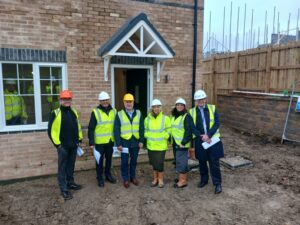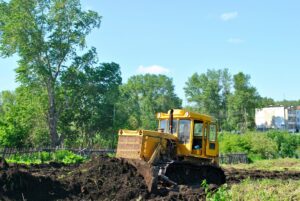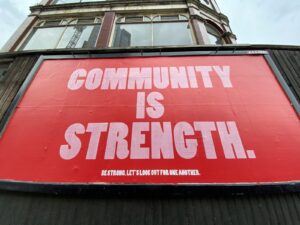Middlesbrough hailed exemplar for Recovery Cities Initiative
Last week international delegates gathered in Middlesbrough to educated themselves on how to build an Inclusive Recovery City – a scheme that supports communities and individuals affected by addiction.
Led by Middlesbrough-based charity Recovery Connections, the event, hosted at the Riverside Stadium by Dot Smith and Paul Best, identified the best practices taking place in Teesside that are helping people recover from drug and/or alcohol addiction.

The concept of a Recovery City identifies the significant value that people in recovery add to society – for example, 80% of people in long-term recovery take on voluntary roles which is twice as many compared to the general population.
In addition to this, the scheme also considers the negative challenges these people face, not just in terms of initially accessing healthcare when unwell – last month a report was published that stated cannabis patients were denied access to NHS mental health support – but the ongoing social and employment-related discrimination which persists well into, and often inhibits, recovery.
The project likewise acknowledges the need for recovery cafes, social enterprise models, recovery marches and games and many other awareness raising activities – something that Recovery Connections has either been delivering in Middlesbrough or taking part in for many years. The charity also led the UK’s first collegiate recovery programme, an on-campus support service for students based at Teesside University, displaying it’s dedication to helping struggling individuals begin a fresh start.
After the event that was held in Middlesbrough last week came to an end, representatives from other UK regions pledged their commitment to adopt similar conceptions.

Professor David Best, the world’s first professor of Addiction Recovery, said: ‘Recovery is a social, peer-to-peer contagion that starts with ‘if they can do it, I can do it’. It doesn’t exist inside people, it exists between people, but we need to facilitate the conditions for this transformative power to take place.
‘If people don’t know where or how to find recovery, due to current hierarchies, outdated systems and policies, and stigma and discrimination, they can’t reach their potential and neither can society.
‘Middlesbrough is ahead of the curve in this respect thanks to the direct commissioning of lived experience initiatives via public health leaders and Recovery Connections, its strong emphasis on community and social enterprises and the buy-in we have already seen from industry and higher education which will only continue to grow. If this can be replicated around the UK, the possibilities will be endless.’
Images: Recovery Connections














